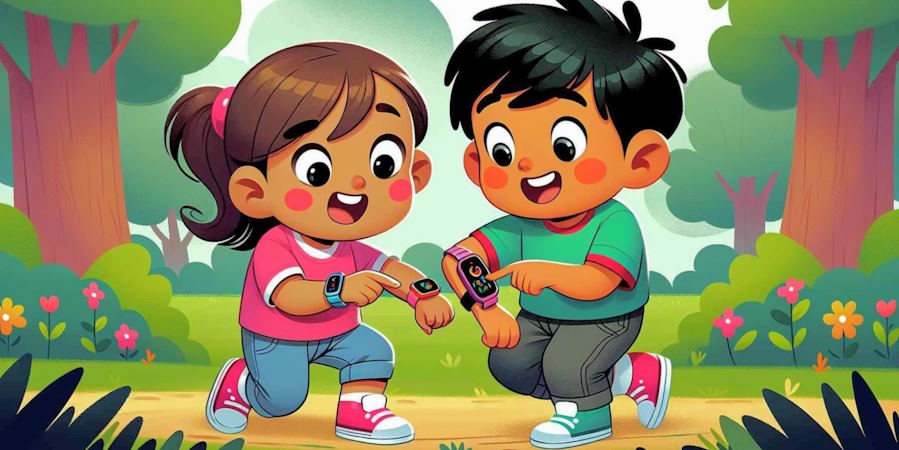Home » Challenges Of Parenthood » Exploring Cartoons for Children: Their Benefits and Potential Harm
Exploring Cartoons for Children: Their Benefits and Potential Harm

Cartoons have been integral to childhood for decades, captivating the imagination and providing entertainment for young minds. In today’s digital age, children have access to an extensive array of animated shows and movies, raising questions about the impact these cartoons have on their development. Are cartoons beneficial, fostering creativity and learning, or do they pose potential harm?
The Benefits of Cartoons for Children
Educational Content
Many cartoons are designed with educational elements, aiming to teach valuable lessons in a fun and engaging manner. Shows like “Sesame Street,” “Dora the Explorer,” and “Daniel Tiger’s Neighborhood” incorporate educational themes, including literacy, numeracy, problem-solving, and social skills. These programs use colorful animations and relatable characters to make learning enjoyable for children.
Encouraging Creativity and Imagination
Cartoons often present imaginative worlds and characters that spark creativity in young viewers. They inspire children to think outside the box, encouraging them to create their stories, drawings, and games based on their favorite cartoon characters and scenarios.
Emotional and Moral Development
Many cartoons emphasize moral values and emotional intelligence by portraying characters dealing with various situations and dilemmas. They teach children about empathy, friendship, sharing, honesty, and teamwork, helping them understand the complexities of emotions and relationships.
Language Development
Cartoons can contribute positively to language development by introducing new words, phrases, and concepts in an engaging context. Exposure to diverse language patterns and expressions can enhance a child’s vocabulary and communication skills.

Potential Harm and Concerns
Excessive Screen Time
One of the primary concerns associated with cartoons is excessive screen time. Prolonged exposure to screens can lead to sedentary behavior, impacting a child’s physical health and potentially leading to issues like obesity or poor eyesight.
Influence on Behavior
Some experts suggest that certain cartoons with aggressive or violent content might influence children’s behavior negatively. Young minds are impressionable, and exposure to excessive violence or inappropriate behavior in cartoons could impact their perceptions of acceptable conduct.
Commercialization and Consumerism
Cartoons are often tied to merchandise and marketing campaigns aimed at children. I can promote consumerism and create a desire for toys, clothes, and other products associated with these shows, potentially fostering materialistic attitudes.
Finding a Balanced Approach
The key lies in moderation and parental guidance. While cartoons can offer educational value and entertainment, monitoring the content and duration of screen time is crucial. Parents can:
Choose Wisely
Select age-appropriate and educational cartoons that align with their child’s development.
Set Limits
Establish reasonable screen time limits and encourage a balanced routine with other activities.
Engage and Discuss
Watch cartoons together and discuss the themes, values, and messages conveyed in the shows.


